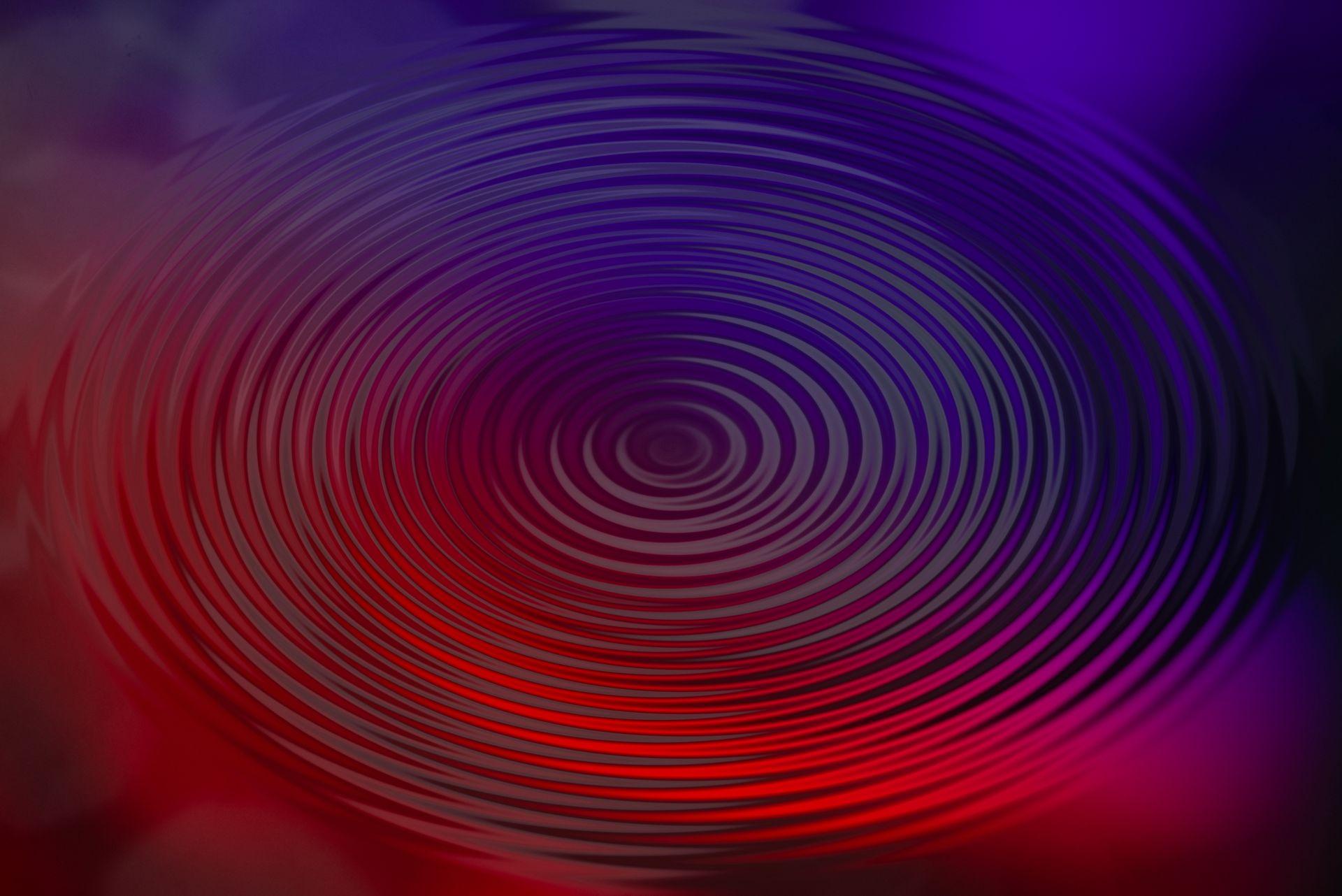The RIAA lawsuit targeting AI music creators Udio and Suno has brought to the forefront the complex and contentious issues surrounding copyright infringement and the use of artificial intelligence in the music industry.
The Recording Industry Association of America (RIAA), representing major record labels such as Universal Music Group, Sony Music Entertainment, and Warner Records, has filed lawsuits against these two AI companies, accusing them of widespread copyright violations.
The legal actions are based on allegations that Suno and Udio used copyrighted material without proper authorization to train their AI models, resulting in the creation of songs that closely mimic existing works.
RIAA has shared the following post on X about the situation.
Name that tune 🎶!
Sound familiar? That's because @suno_ai_ is training AI on copyrighted works…
🎧: https://t.co/GnRxCA0rDc
🎧: https://t.co/lr3Z7tHmyB
🎧: https://t.co/zXjPi68lJFLearn more about our legal action against Suno: https://t.co/LOFOSrRp9M pic.twitter.com/OmF7iUqAd7
— RIAA (@RIAA) June 24, 2024
A quick journey to Suno and Udio’s pasts
The advent of AI technology has significantly impacted various sectors, and the music industry is no exception. Companies like Suno and Udio have leveraged AI to generate music through text prompts, creating original compositions that have gained notable attention.
BBL Drizzy AI song was the biggest headache for the company
For instance, Udio’s creation of “BBL Drizzy” became a viral hit, showcasing the potential of AI to produce music that resonates with audiences. Similarly, Suno, which has partnered with Microsoft and integrated its technology into Microsoft Copilot, has also made strides in the AI music domain.
Despite their success, these companies have faced backlash from the traditional music industry. The core of the dispute lies in the methods used by Suno and Udio to train their AI models. According to the RIAA, these companies used existing songs without obtaining the necessary licenses, effectively infringing on the copyrights of numerous artists. The RIAA lawsuits claim that artists from various genres and time periods have had their work used without consent, raising significant legal and ethical questions about the use of AI in creative fields.
RIAA lawsuits were filed in different federal courts
The RIAA lawsuits against Suno and Udio were filed in different federal courts—Suno in Boston and Udio in New York—reflecting the widespread concern within the music industry about the implications of AI-generated music. The RIAA and the involved record labels are seeking substantial damages, potentially up to $150,000 per infringed work, alongside other fees. RIAA Chief Legal Officer Ken Doroshow has emphasized that these cases represent clear instances of copyright infringement, where unlicensed copying of sound recordings has occurred on a large scale.
Both Suno and Udio have defended their practices, arguing that their AI models are designed to produce new and transformative outputs rather than replicating existing content. Suno’s CEO, Mikey Shulman, has stated that their technology does not memorize or regurgitate pre-existing works but instead generates entirely new compositions. Shulman also mentioned that Suno does not allow user prompts that specify particular artists, suggesting that their AI outputs are original creations rather than direct imitations.

However, the RIAA has provided evidence of AI-generated songs that closely resemble well-known tracks. For example, one song generated by Suno titled “Deep down in Louisiana close to New Orle” mimics Chuck Berry’s “Johnny B. Goode,” and another track called “Prancing Queen” replicates the style and lyrics of ABBA’s “Dancing Queen.” Such examples highlight the potential for AI to create music that is strikingly similar to existing works, which is a primary concern for the record labels.
Will AI and copyright issues’ stars ever line up?
The legal challenges faced by Suno and Udio are part of a broader struggle between the music industry and technology companies that offer AI tools. This conflict has been ongoing, with various instances of AI-generated music sparking disputes over copyright and ownership. Last year, a fake Drake song generated using AI brought significant attention to the issue, prompting artists and labels to take a public stand against what they perceive as unauthorized use of their work.
Platforms like TikTok and YouTube have also been drawn into the controversy. Earlier this year, music by artists under Universal Music Group, including Taylor Swift, was temporarily removed from TikTok due to licensing disagreements exacerbated by concerns over AI-generated content. YouTube has implemented measures to remove AI-generated music at the request of rights holders, reflecting the increasing efforts by digital platforms to navigate the complexities of AI and copyright.
Featured image credit: kjpargeter/Freepik





